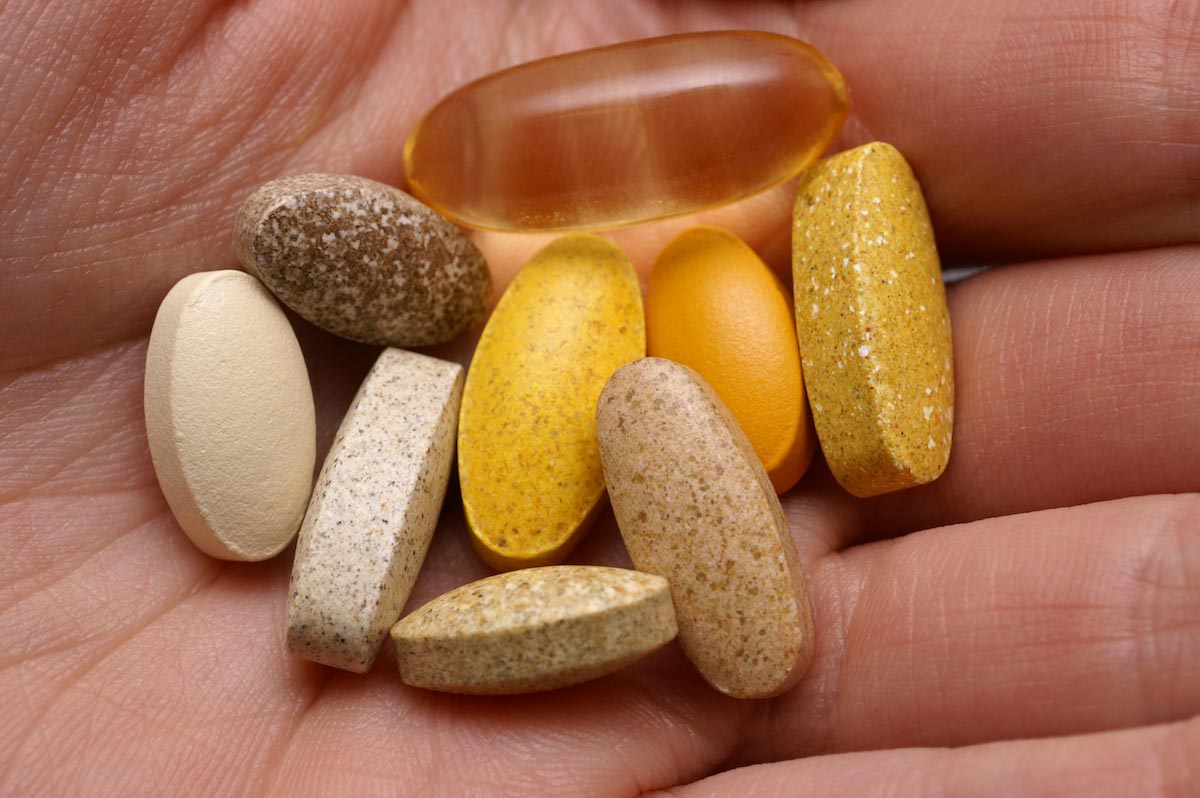Heal and nourish your gut with fermented foods: A beginner’s guide to making your own
02/07/2018 / By Janine Acero

Eating fermented foods has numerous benefits, such as protecting the body from harmful bacteria including salmonella and E. coli. Probiotics generally refer to live bacteria and yeasts that are good for your digestive system. These “good bacteria” are found in a variety of foods such as cheese, yogurt, chocolate, wine, and beer. It’s possible that a good portion of your diet already consists of fermented foods and drinks.
Essential benefits of fermenting food
Every human microbiome is different, and each person’s reaction to ferments can vary, but the benefits will be gained just the same. Fermenting is the easiest and cheapest way to heal and nourish your gut daily. Here are some benefits that eating fermenting foods can offer:
- Fermented food is good for gut bacteria – Ingesting these “good bacteria” creates an ecosystem of supportive microbiota in your GI system. These friendly bacteria live primarily in our large intestine and help fight off pathogens or the bad bacteria.
- Fermented food helps the body absorb nutrients – With the help of ferments, your digested nutrients are transformed into energy and are quickly and easily used by the body for its many functions.
- Fermented food aids in digestion – The live ferments assist in the breakdown of the nutrients in our diets, especially lactose, which is difficult to digest. This can drastically reduce belly bloat and other GI distress.
- Fermented food supports the endocrine system – The gastrointestinal tract is the largest endocrine organ in the body, controlling emotion, metabolism, and immune response. The GI system also has mood-stabilizing, weight-management, and cold-fighting control.
- Fermented food makes your skin glow – The process of fermentation also synthesizes nutrients such as vitamin B12, folic acid, and biotin which are responsible for shiny hair and glowing skin.
How to ferment your food
When planning to ferment food, it is advisable to choose organic produce only. Non-organics are sprayed with tons of pesticides, which kill off all kinds of pathogens, including the good bacteria. Next, select the containers where you’ll keep your fermented food. Mason jars are a good example. An excellent way to clean your jars is to rinse them with an apple cider vinegar and water solution.
After choosing your containers, you can now start finding a trusty bacteria starter. You can get a powdered starter online or at a health food store, or you can ask around from friends for a good starter. Having a trusty starter ensures that your ferments will have good bacterial strains that will fight off bad bacteria like E. coli.
The fermenting process takes about a week or two depending on how intense you want the flavor to be. Store your jars in a cool, dark place to keep the bacteria working at a normal pace; a warm place will make the bacteria work at faster speeds which will ruin your ferments.
So, just how much fermented food should you eat, and how often? Eating a tablespoon a day is enough to reap all of the benefits. According to Derek Dellinger, who ate fermented food for one whole year, “The power of fermentation is not just that it renders food safe and preserved for long-term storage, but that it usually makes foods healthier than they were in the first place.”
Fermenting foods is an excellent way to get probiotics, but you can also buy supplements. If you choose this option, however, make sure that the bottle says “survivability-certified,” meaning that “it will survive harsh stomach conditions and make its way to where it will be most effective in the GI system.” You also want to find a probiotic supplement that indicates what strains are included in the pill.
Home fermenting is cheap and easy if you combine it with patience. To read more stories on food freedom, visit HomeGardeningNews.com today.
Sources include:
Tagged Under: fermented foods, fermenting process, food freedom, food independence, food supply, green living, gut bacteria, gut health, microbiome, natural remedies, probiotics, sustainable living
RECENT NEWS & ARTICLES
COPYRIGHT © 2017 LONGEVITY NEWS



















